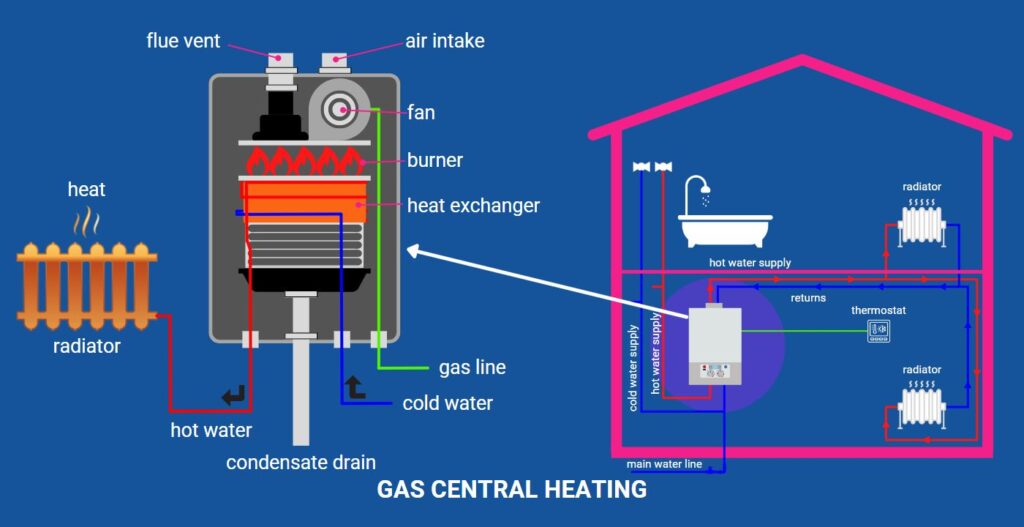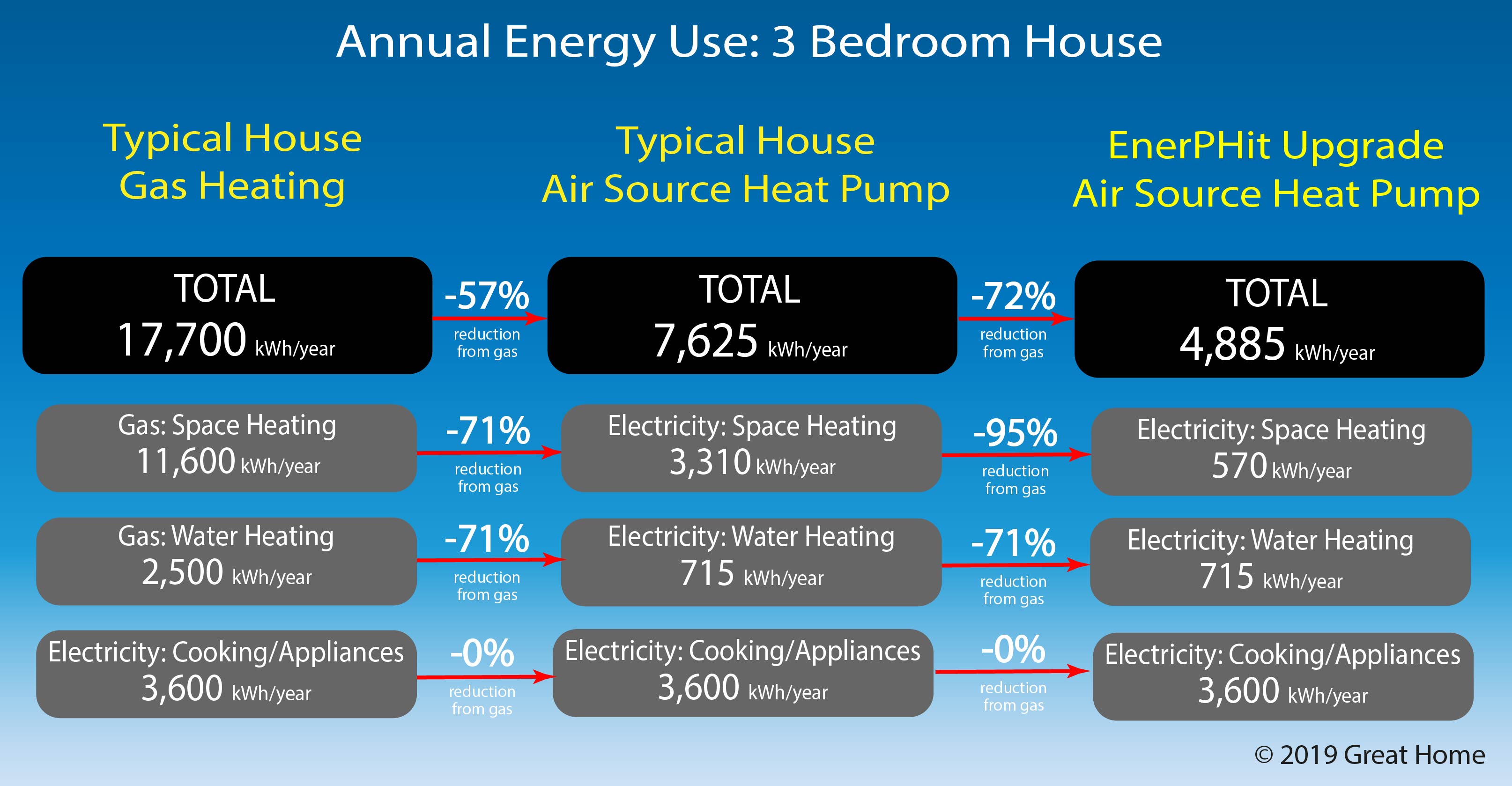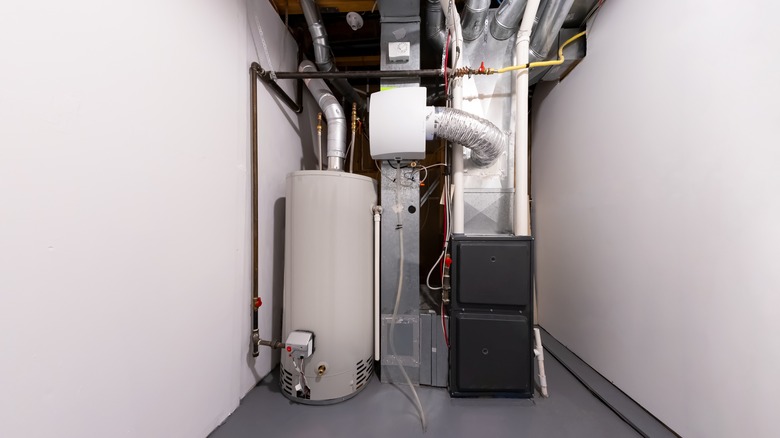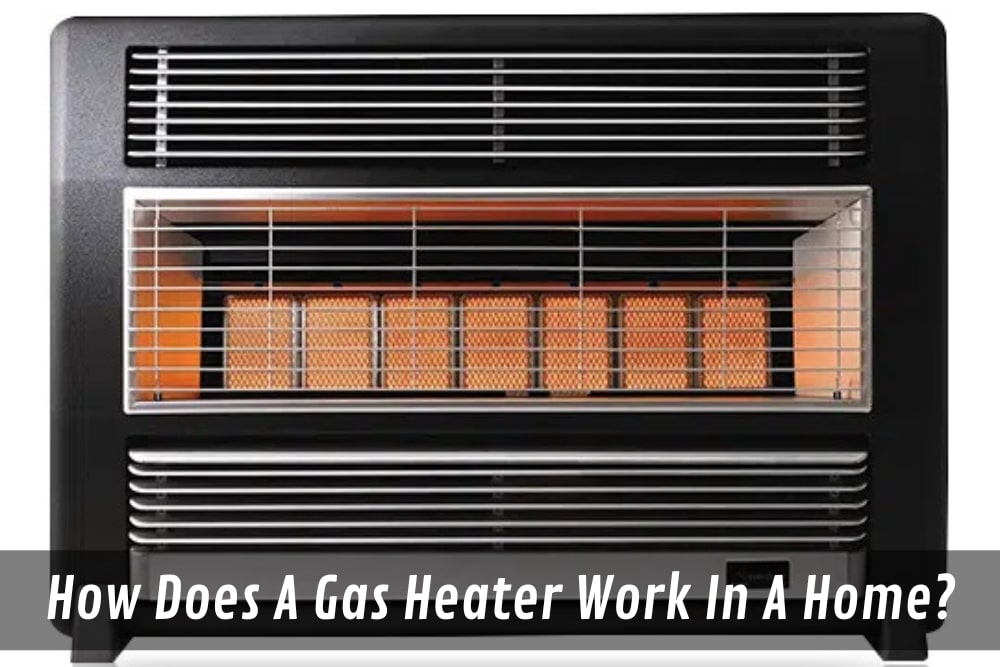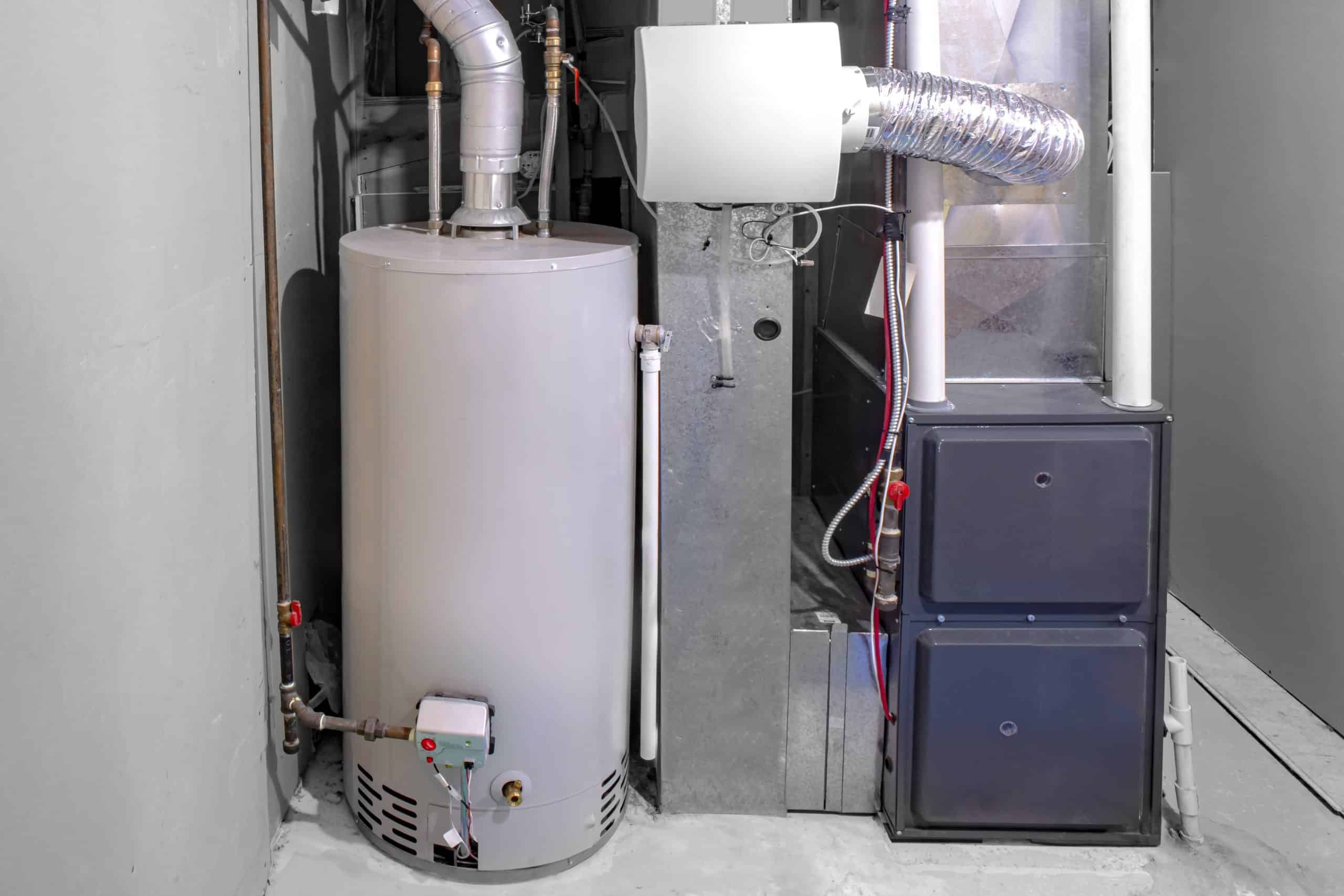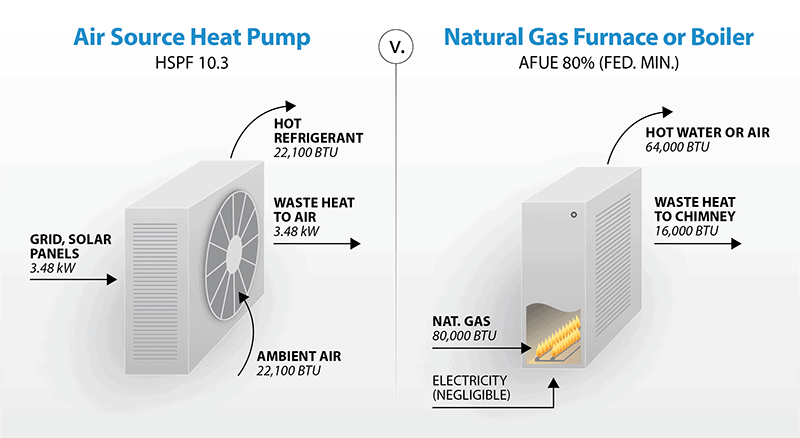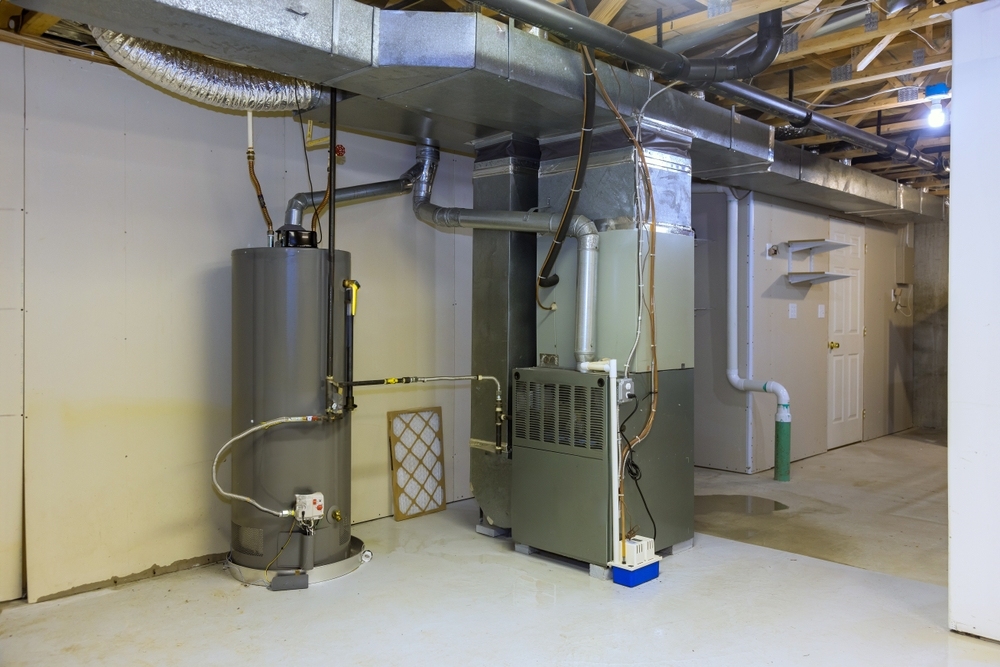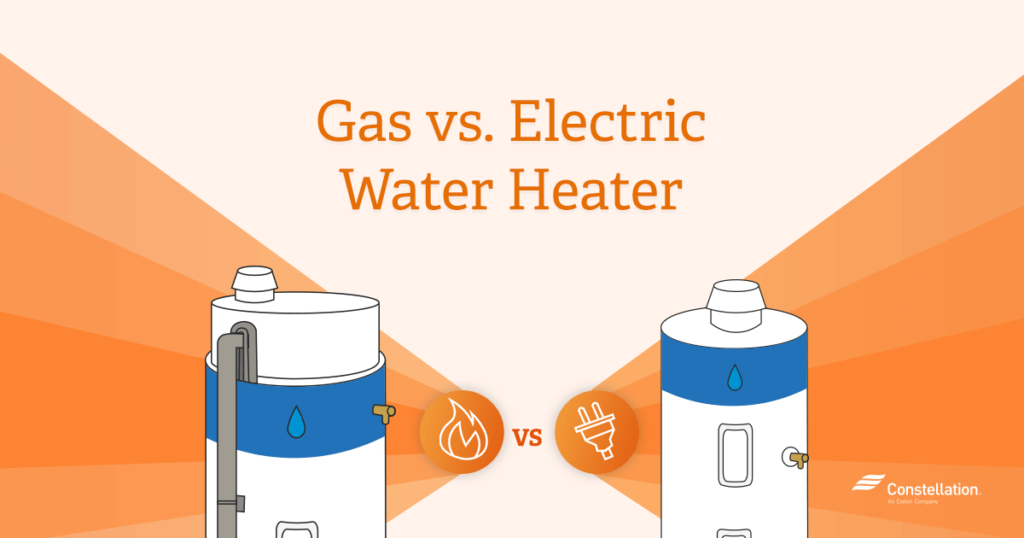Does House Heater Use Gas Or Electricity

Understanding whether your house heater uses gas or electricity is crucial for troubleshooting issues, estimating repair costs, and even making informed decisions about energy efficiency. This guide will walk you through the process of identifying your heater type and provide valuable insights for both homeowners and DIY enthusiasts.
Identifying Your Heater Type: A Step-by-Step Guide
Determining whether your heater runs on gas or electricity involves a bit of detective work. Follow these steps to pinpoint the type of system you have.
Step 1: Locate Your Heating Unit
The first step is to find your heating unit. Common locations include:
- Basement
- Attic
- Closet
- Garage
- Utility room
Once you've located the unit, proceed to the next step.
Step 2: Look for Obvious Clues
Examine the heater for visual clues. Here's what to look for:
Gas Furnaces
- Gas Line: A black or yellow pipe connected to the unit is a strong indicator of a gas furnace. This pipe supplies the natural gas or propane.
- Vent Pipe: Gas furnaces require a vent pipe (usually metal) to exhaust combustion gases safely outside.
- Pilot Light: While many newer furnaces have electronic ignition, older models may have a pilot light. Look for a small flame visible through a viewport.
- Gas Valve: A valve labeled "Gas" is another clear sign.
Electric Furnaces
- Electrical Wiring: Thick electrical wires connected directly to the unit are characteristic of electric furnaces.
- Circuit Breaker: Electric furnaces typically require a dedicated circuit breaker in your electrical panel.
- No Vent Pipe: Electric furnaces don't produce combustion gases, so they don't need a vent pipe.
Step 3: Check the Energy Source
Follow these steps to identify the energy source of your heater:
- Main Gas Line: Locate your main gas meter. If you have one, it likely serves your furnace, water heater, and possibly other appliances.
- Electric Meter: Check your electric bill. If your heating system is electric, your electricity consumption will likely be significantly higher during the heating season.
- Breaker Panel: Inspect your circuit breaker panel. Look for breakers labeled "Furnace" or "Heater". A high-amp breaker (30A or higher) dedicated to the furnace suggests an electric system.
Step 4: Consult the Unit's Label
Most heating units have a label or nameplate containing crucial information:
- Model Number: Note the model number. You can search online for the specifications to confirm the energy source.
- Energy Information: The label may state whether the unit uses gas or electricity.
- BTU Rating (Gas Furnaces): The British Thermal Unit (BTU) rating indicates the heating capacity of gas furnaces.
- Kilowatt (kW) Rating (Electric Furnaces): The kilowatt rating indicates the heating capacity of electric furnaces.
Step 5: Consider Other Heating Systems
Besides furnaces, other heating systems exist. Here’s how to identify them:
- Heat Pumps: Heat pumps look similar to air conditioners and use electricity to transfer heat. They have an outdoor unit and an indoor unit.
- Electric Baseboard Heaters: These are individual heating units installed along baseboards in rooms. They run solely on electricity.
- Space Heaters: Portable electric heaters used to heat small areas.
- Oil Furnaces: Although less common, some homes use oil furnaces. They require an oil tank and a flue pipe.
DIY Troubleshooting and Maintenance
Once you know your heater type, you can perform basic troubleshooting and maintenance. Always prioritize safety. Turn off power or gas supply before working on the unit.
Common Issues with Gas Furnaces and DIY Solutions
- No Heat: Check the thermostat settings, gas supply, and pilot light (if applicable). Ensure the gas valve is open.
- Pilot Light Won't Stay Lit: Clean the thermocouple or consider replacing it. If you are uncomfortable working with gas, call a professional.
- Strange Noises: Unusual sounds like banging or rattling could indicate loose components or a failing blower motor. Inspect and tighten screws or call a professional.
- Dirty Air Filter: Replace the air filter regularly (every 1-3 months). A dirty filter restricts airflow, reducing efficiency and potentially damaging the furnace.
Common Issues with Electric Furnaces and DIY Solutions
- No Heat: Check the thermostat settings and circuit breaker. Reset the breaker if it has tripped.
- Weak Airflow: Replace the air filter. A clogged filter can restrict airflow and cause the unit to overheat.
- Burning Smell: A burning smell could indicate a dust buildup or a more serious problem with the heating elements. Turn off the unit and inspect it. Clean away dust or call a professional.
Essential Maintenance Tasks
- Air Filter Replacement: Regularly replace the air filter to maintain proper airflow and efficiency.
- Visual Inspection: Periodically inspect the unit for signs of damage, leaks, or corrosion.
- Cleaning: Clean around the unit to remove dust and debris.
- CO Detector: Ensure you have working carbon monoxide detectors, especially if you have a gas furnace.
Tools and Parts for Basic Maintenance
- Screwdrivers (Phillips and Flathead)
- Wrench Set
- Multimeter
- Air Filters (correct size for your unit)
- Thermocouple (for older gas furnaces)
- Vacuum Cleaner
Estimating Repair Costs
Repair costs vary depending on the type of problem, the complexity of the repair, and your location. Here are some general estimates:
Gas Furnace Repair Costs
- Pilot Light Issues: $75 - $200
- Thermocouple Replacement: $100 - $250
- Gas Valve Replacement: $200 - $500
- Blower Motor Replacement: $300 - $800
- Heat Exchanger Replacement: $800 - $2000+ (This is a major repair and may be worth replacing the furnace.)
Electric Furnace Repair Costs
- Circuit Breaker Issues: $75 - $200
- Heating Element Replacement: $150 - $400
- Blower Motor Replacement: $300 - $800
- Thermostat Replacement: $100 - $300
These are just estimates. Obtain quotes from multiple HVAC professionals for accurate pricing. Consider the age of your unit. If it's older than 15-20 years and requires a costly repair, replacing it might be more economical in the long run.
When to Call a Professional
While some maintenance and minor repairs are DIY-friendly, certain situations require a qualified HVAC technician. Never attempt repairs you're uncomfortable with, especially those involving gas or high-voltage electricity.
Call a Professional If:
- You smell gas. Evacuate the premises immediately and call your gas company.
- You suspect a carbon monoxide leak.
- You are dealing with complex electrical wiring.
- The unit is making loud or unusual noises that you can't identify.
- You are unsure about any step in the repair process.
- The unit requires refrigerant handling (heat pumps).
- The heat exchanger is cracked or damaged.
Safety First
Safety is paramount when working with heating systems.
- Turn off the power or gas supply before starting any work.
- Wear safety glasses and gloves.
- Follow the manufacturer's instructions carefully.
- If you are unsure, call a professional.
- Test for gas leaks using a soapy water solution after working on gas lines.
By understanding your heater type and following these guidelines, you can confidently troubleshoot basic issues, perform routine maintenance, and make informed decisions about when to call a professional. Remember, proper maintenance and timely repairs can extend the life of your heating system and ensure a comfortable and safe home environment.
